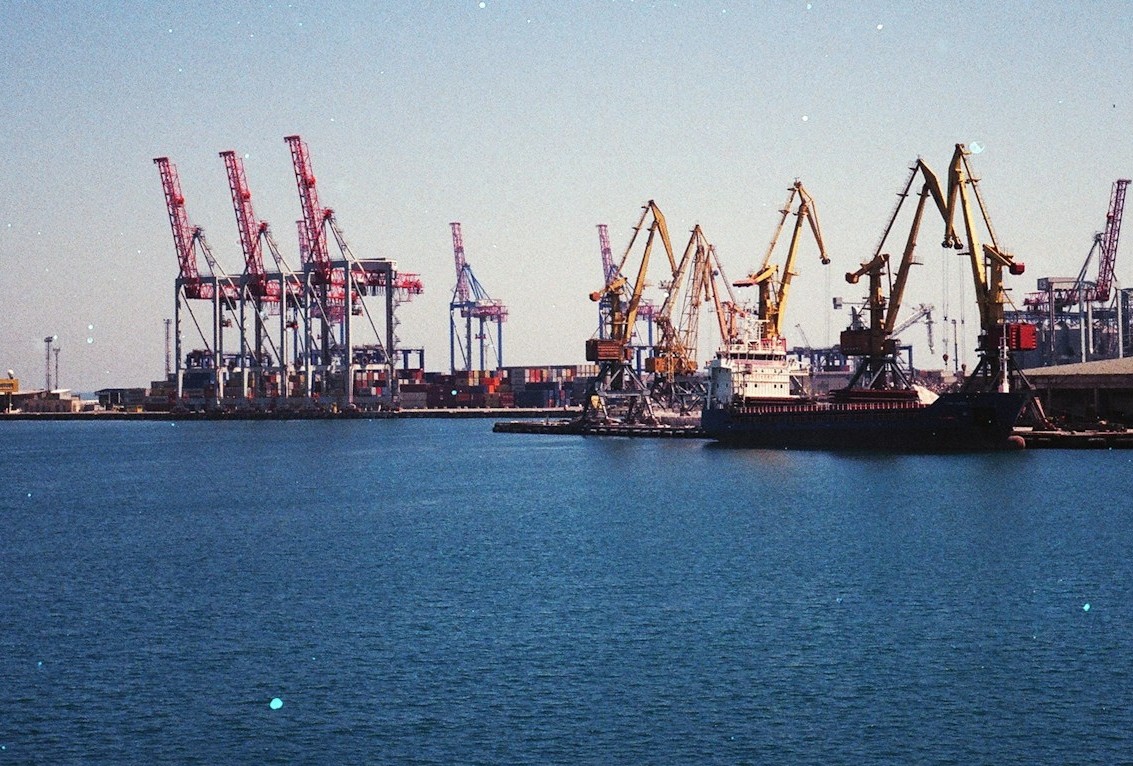Casablanca – A recent report by The Times has brought renewed attention to Xlinks, a monumental renewable energy project designed to power the United Kingdom with green electricity sourced from Morocco. The project, estimated to cost $27 billion, could not only transform the UK’s energy supply but also play a pivotal role in reducing global CO2 emissions.
At the heart of the Xlinks project is the plan to deliver renewable energy generated from Morocco’s vast solar and wind resources via a record-breaking 3,800-kilometer undersea cable. This cable will connect the renewable energy hubs of southern Morocco with the British energy grid, ensuring a reliable flow of electricity for up to 19 hours each day. According to The Times, the project could provide 8% of the UK’s energy needs, powering seven million homes and significantly reducing the country’s reliance on fossil fuels.
Speaking to The Times, Sir Lewis Dave, Chairman of Xlinks and former CEO of Tesco, emphasized the groundbreaking nature of the project, noting that the combination of solar and wind power from Morocco will allow for continuous energy production. “When the sun isn’t shining, the wind is blowing,” Dave said, stressing the reliability of this approach to meet the UK’s energy needs.
The Xlinks project is not just an engineering feat, but also a financial and strategic endeavor involving key players in the energy sector. Major partners like TotalEnergies and Octopus Energy have joined forces with institutional investors such as the UK Infrastructure Bank, which has already injected $24 million into the construction of a high-voltage cable factory in Scotland. In addition, GE Vernova recently invested $10.2 million into the project, following a $14.1 million investment from Africa Corporation Finance.
Tackling Global CO2 emissions
James Humfrey, CEO of Xlinks, shared insights into the global impact of the project during the Climate Innovation Forum 2024. He emphasized that projects like Xlinks are vital because electricity is the largest contributor to global CO2 emissions. By enabling the construction of renewable energy infrastructure on a scale that few projects have achieved, Xlinks has the potential to significantly reduce carbon emissions worldwide.
The scale of Xlinks is indeed immense. The project plans to install 11.5 GW of renewable energy capacity, including 7.5 GW of solar power, 4 GW of wind power, and 5 GW of battery storage, all within an area the size of Greater London. This vast infrastructure will ensure energy can be stored and transmitted efficiently across the seas, even during periods of intermittency.
Humfrey is confident in his team’s ability to handle the project’s challenges. With a world-class workforce, including experts based in Rabat who helped develop Morocco’s renewable energy industry during the 2010s, Xlinks is well-equipped to meet its ambitious targets. “They have built many solar projects before, so they know what it takes to succeed,” Humfrey said.
UK’s green transition
The UK government has recognized Xlinks as a “nationally significant project,” a status that has fast-tracked the project’s administrative processes. The government’s support is expected to continue, as securing a “Contract for Difference” (CFD) — a fixed price for the electricity produced — remains one of the next critical steps to ensure the project’s full realization.
If completed as planned, Xlinks will not only help the UK meet its renewable energy goals but also reduce electricity prices, thanks to the abundant and low-cost solar and wind resources available in Morocco. As the project progresses, it could serve as a model for international energy collaboration, demonstrating how cross-border infrastructure can accelerate the global shift to renewable energy.
Beyond its impact in the UK, the Xlinks project is expected to boost Morocco’s economy, creating 10,000 jobs during construction and an additional 2,000 jobs once operational. The project will also strengthen Morocco’s position as a global leader in renewable energy exports, underscoring the country’s potential to shape the future of clean energy.
With groundbreaking technology, high-profile partnerships, and unwavering government support, Xlinks represents a bold step toward a greener future for both the UK and Morocco, promising to reshape the global energy landscape.
















